Do I have anxiety? The signs and symptoms of anxiety
The leap from 'every day' symptoms of anxiety to a mental health problem can show itself in three ways.
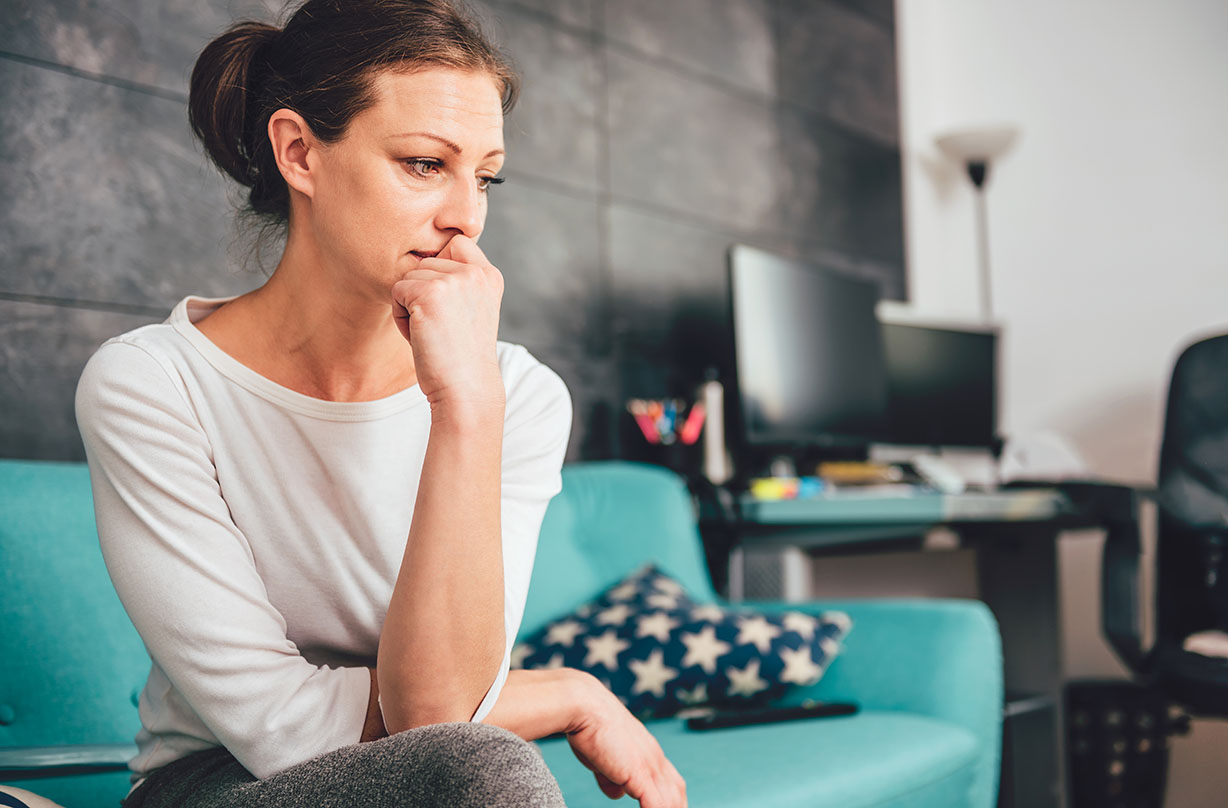

The term 'anxiety' can be used to describe many situations and emotions that we all face on a daily basis.
Often feel like you’re on an emotional rollercoaster? It’s not surprising. Most people will show signs of anxiety at some point in their lives. Anxiety is a symptom of a mental disorder, and is often referred to as an anxiety disorder rather than a mental illness. “Worry is another word for anxiety,” explains psychotherapist Ali Moore from BeMoore. “Anxiety is the emotion and stress is the symptom. So we feel anxious and then we get stress symptoms.”
And, in fact, mixed anxiety and depression is the most common mental disorder in Britain, affecting around 8% of the population. “Anxiety is natural,” says Ali. “But when it starts to impact your ability to do things, to go out, take on tasks, or you’re becoming distressed, then you need support.”
Can’t remember when you last felt calm? “There is a real worry about mental health at the moment with feelings of isolation, vulnerability and helplessness common,” says chartered psychologist Dr Meg Arroll, on behalf of Healthspan. So, if your anxiety levels have become worse since the pandemic, you’re not alone. Research by the University of Sheffield and Ulster University identified a surge in depression and anxiety after the Prime Minister first spoke about lockdown.
If you think you might be experiencing anxiety, it can be useful to know the signs and symptoms and how to go about treating them. Here’s what can help…
Anxiety signs: what can anxiety do to your body?
“Global circumstances have made fertile ground for mental health problems, particularly for those who were already struggling with anxiety,” says functional medicine certified health coach Suzy Glaskie, from Peppermint Wellness. “And that anxiety can manifest in all sorts of ways, even in those who’ve never experienced it before. You may have symptoms including difficulty sleeping, feelings of impending doom, racing thoughts, heart palpitations, shortness of breath, poor concentration and loss of appetite.” Anxiety can affect all areas of the body:
- Heart: The release of adrenalin raises your heart rate and blood pressure. Internal organs like the liver, brain and heart go into overdrive. Those affected by high blood pressure caused by stress are 50% more likely to suffer from heart problems.
- Lungs: Breathing becomes shallow, blood is diverted away from non-vital areas, dampening the immune system, and the digestive system begins to shut down.
- Stomach: Your body produces too much hydrochloric acid – a substance that breaks down food – and, over time, that can start to irritate your stomach lining.
- Neck/shoulders: Muscles tense, particularly in the neck and shoulders, leading to headaches and other pains. This affects the average person twice a month, says AXA PPP Healthcare.
- Hair: Stress can be a psychological catalyst for the compulsion to pull your hair out, and also releases hormones which can lead to hair loss and make nails brittle.
- Brain: Too much cortisol is toxic for the brain, resulting in anxiety disorders, depression and dementia caused by the toxicity of high levels of cortisol in the brain. Insomnia is also caused by high cortisol levels.
Other common physical anxiety symptoms include:
GoodtoKnow Newsletter
Parenting advice, hot topics, best buys and family finance tips delivered straight to your inbox.
- ‘Jelly legs’
- Tingling in the hands and feet
- Dizziness
- Wanting to use the toilet more often
- A ‘tight band’ across your chest area
- Hot flushes
- Increased perspiration
- Dry mouth
- Shaking
- Choking sensations
- Palpitations
- If you suffer from anxiety, you may also experience panic attacks, which are an exaggerated version of your body’s usual response to extreme emotions such as fear, excitement or stress.
Anxiety signs: common psychological anxiety symptoms
Anxiety can leave you feeling vulnerable and alone. Long-term sufferers may also experience sleep problems, a lowered immune system, depression, or difficulties managing everyday situations, such as relationships and employment.
A leap from an ‘every day’ feeling of anxiety to a mental health disorder can be very quick. “We can get trapped in a cycle of overthinking and it is the focus on the 'what if' that causes us to worry,” says Ali. “This is often anticipation anxiety of things we do not yet really know. This causes raised heart rate and an increase of adrenalin, which can lead to insomnia, and then we worry about the worry, which makes the symptoms worse. It is good to name the emotion rather than calling it all anxiety and worry and explore why you feel this way.”
One of the most important signs of anxiety can include finding that you’re worrying all the time. And perhaps about things that are a regular part of everyday life, or about things that aren’t likely to happen. “This is very common,” says Ali.
Worry about the past? “We tend to call this brooding,” says Ali. “Focusing on what should have happened and what might have been. This can really hold us back."
There are some signs of anxiety no one warns you about. Such as anxiety combined with the start of the menopause. “The menopause causes a lot of changes in our mindset because of the hormonal effects,” says Ali. “We can become forgetful or feel under the weather. These can cause anxiety rather than the menopause itself. We don't feel like ourselves and this can be concerning.” Speak to your GP who may recommend HRT.
Other common psychological signs of anxiety include:
- Thinking that you may lose control and/or go ‘mad’
- Worrying that you might die
- Focusing on that you may have a heart attack/be sick/faint/have a brain tumour
- Feeling that people are looking at you and observing your anxiety
- Feeling as though things are speeding up/slowing down
- Being detached from your environment and the people in it
- Wanting to run away/escape from the situation
- Being on edge and alert to everything around you
Anxiety UK recommends visiting your GP if you experience two or more of these symptoms.
What are the 6 types of anxiety disorder?
1) General Anxiety Disorder
“General Anxiety Disorder is a long-term mental health issue that causes a person to feel anxious about a wide range of situations and issues rather than one specific issue,” says Dr Tim Bond from dragonflycbd.com.
“More women are affected than men,” says Dr Bond. “People with this condition feel anxious most days and struggle to remember the last time they felt relaxed. As soon as the person has resolved one anxious thought another appears. Symptoms include feeling worried and restless, having trouble concentrating or sleeping and dizziness and palpitations."
“Exercising more and drinking less alcohol will help,” says Dr Bond. “Treatments include talking therapies and prescription medication.”
2) Social Anxiety Disorder
“Social Anxiety Disorder, also known as social phobia, is a long-term mental disorder with an overwhelming fear of social situations,” says Dr Bond. “It is very distressing and often starts in the teenage years. It may improve as the person gets older, but it can be lifelong."
“Social anxiety is more than shyness,” says Dr Bond. “If you might have it, you would often worry about everyday activities, meeting people, speaking on the phone, working, shopping, eating with people and parties. You may worry about things you think are embarrassing like blushing or appearing incompetent. And you find it difficult to do things when people are watching you, you fear being criticised and avoid contact. You'd have low self-esteem, and suffer panic attacks with very rapid heartbeat and sweating.”
“If social anxiety is having a big impact on your life, see your GP,” says Dr Bond. “There are various psychological therapies that can help.”
3) Phobias
“A phobia is a mental health disorder with an overwhelming sense of fear of an object, place, situation, feeling or animal,” says Dr Bond. “It is a type of anxiety disorder. And being more pronounced than fears, phobias develop when a person has an exaggerated or unrealistic sense of danger about an object or situation. Even thinking about the source of the fear can bring on anxiety. In very severe phobias the person organises their life around avoiding the thing they fear. This can be very disrupting.”
“Symptoms include increased heart rate and shortness of breath, sweating, nausea, shaking an upset stomach,” says Dr Bond. “Phobias can be quite complex and beyond the fear of a single thing. So, agoraphobia, for example, is where a person feels fearful about being in a place or situation but they cannot escape if they have a panic attack. Social phobia (see above) is a fear of social situations.”
See your GP who will be able to refer you for counselling.
4) Obsessive Compulsive Disorder (OCD)
“Obsessive compulsive disorder, known as OCD, is a mental health disorder where the person has obsessive thoughts. This is an unpleasant thought that repeatedly enters your mind causing feelings of anxiety or unease,” says Dr Bond. “And it also includes compulsive behaviours (a repetitive behaviour that you need to do to relieve the anxiety of the obsessive thought). So, if you have a fear of being burgled you might feel the need to check all the windows and doors before leaving the house or flat. Symptoms generally start in adulthood, but can begin in the teenage years.”
5) Panic Disorder
“Panic disorder is a type of anxiety disorder where the person has regular attacks of panic, stress or fear often for no apparent reason,” says Dr Bond.
“Symptoms include mild to severe anxiety with feelings of worry, fear and in the most extreme cases, panic. You may live in a cycle of fear and suffer panic attacks where you experience a rush of physical and mental symptoms. These can include a racing heart, feeling faint, sweating, nausea and churning stomach, chest pain, shortness of breath, trembling, shaky limbs, chills, hot flushes, dizziness, numbness, pins and needles, a choking sensation, dry mouth, feeling of dread, fear of dying, need to go to the toilet and feeling disconnected from your body.”
“Most panic attacks last from five to 20 minutes but can last for an hour,” says Dr Bond. “They can occur once or twice a month or several times a week.”
6) Body Dysmorphic Disorder
“Body dysmorphic disorder is a mental health disorder where the person spends a lot of time thinking about flaws in their physical appearance,” says Dr Bond.
“These flaws are not apparent to others. It’s most common in teenagers and occurs in both men and women. It does not mean the person is vain or self-obsessed and it can have a big impact on life,” says Dr Bond.
“You might have body dysmorphic disorder if you spend a lot of time thinking about a specific area of your body particularly your face,” says Dr Bond. “You may spend a lot of time staring at yourself in the mirror (or mirrors). Or you may compare your appearance unfavourably with that of others, you go to a lot of effort to conceal flaws for example by picking your skin, combing your hair, choosing clothes. It can seriously impact your life and relationships and lead to depression or even suicide.”
https://www.youtube.com/watch?v=xH2E9I7vn28
Living with anxiety: how can I keep calm?
There is good news. It’s still possible to learn how to take control back from anxiety. “While our propensity to anxiety is, to some degree, set by our genetics, we can still influence the rest,” says Suzy. “There are many highly effective tools to help us feel calmer and more positive.” Here’s what could help…
- Be aware of your anxiety - “Make yourself a warm drink and sit down,” says qualified health and mindfulness coach Louise Murray. “Notice three things in this moment, such as the colour of the drink, the weight of the mug, the feeling of the chair. Then breathe into your shoulders, relax them down and enjoy your cuppa, savouring the flavour. Return gently to the senses whenever you notice your mind straying.”
- Re-set negative thoughts - “If you’re feeling a bit low, replace any negative chatter in your head with positivity instead,” says Louise. “This might mean listening to your favourite music, an uplifting podcast, or reading an inspirational book.”
- Put your phone down - Always scrolling for breaking news? “Some people don’t even go to the toilet without their phone,” says sleep expert Dr Nerina Ramlakhan.“This leaves no time for your body and mind to properly process things so our thoughts reappear and keep the mind going.”
- Eat right - Natural remedies can help anxiety. A healthy diet is key when your body is under pressure. “This means eating well (including breakfast), staying hydrated and avoiding too much refined sugar,” says Dr Ramlakhan. Eat little and often – low blood sugar levels can trigger panic. Plus, swap out caffeinated drinks as these can increase anxiety.
- Grab some paper - “Draw one circle and write in it all the things you can control, then another circle with things you have no influence over,” says Suzy. “Filling in the two circles helps gain perspective on what we can exert control over. And let go of what is beyond our power, no matter how much energy we spend worrying about it.”
- Get moving - “Daily movement will help get the adrenaline out of your system,” says Suzy. “Just jumping up and down and shaking your limbs will help move the anxiety.”
- Set a worry limit - “Allocate yourself a daily ‘worry period’ where you worry for 30 minutes and then stop and do something else,” says Suzy. The idea is that it will help free up the rest of your time to focus on other tasks and relax.
- Ditch the alcohol - “Ease off the booze,”says Dr Ramlakhan.“It can be tempting, but you’re more likely to experience rebound anxiety the next morning.”
- Write away fears - “Take 10 minutes by yourself to write down what you feel anxious about,” says Dr Arroll. “Write as if you were penning a short story. Then note down the situation and how this made you feel. Emotional writing has been researched extensively and is consistently shown to help you feel calm and improve overall wellbeing.”
- Draw yourself calmer - “Some of us are more visual so drawing your anxiety can help,” says Dr Arroll. “What does it look like? Spikey edges or soft lines? Red hot in colour or cold and blue? Give it as much detail as you can because expressing and labelling your feelings in this way will allow you to process them, lessening the intensity they hold over you.”
- Play your top tunes - According to a 2013 study in the Journal of Positive Psychology, people who listened to upbeat music could improve their mood immediately and boost their happiness in just two weeks.
- Focus on your breath“It’s one of the fastest ways to combat anxiety,” says Suzy. “Breathe in for the count of seven and out for the count of 11. The long exhalation signals to our nervous system that we are safe.”
Anxiety treatments
Think you’d benefit from talking to a professional? Your GP may refer you for cognitive behavioural therapy (CBT) or you could pay for a private session. CBT helps you link how you think and feel to your behaviour. “It's most commonly used to treat anxiety and depression, but can be useful for other mental and physical health problems,” says psychotherapist and hypnotherapist Nick Davies. “You’d normally see your therapist for an hour each week.”
Making sure you get along with your therapist is key. “Rapport is important when working with anyone, especially with mental health,” says Nick. “This is why I always offer a free consultation with my clients before we agree to work together.”
Feel you need medication? Your GP may ask about the signs of anxiety you are experiencing and prescribe tranquilisers or antidepressants, and monitor your progress. The most common ones include:
- Tricyclics (Anti-depressants) This is a group of anti-depressants, such as Amitriptyline (Lentizol, Tryptizol).
- MAOI’s (Monoamine Oxidase Inhibitors) These anti-depressants are normally prescribed only when no other anti-depressant medication has worked, such as Phenelzine (Nardil).
- SSRI’s (Selective Serotonin Reuptake Inhibitors) The most common type of anti-depressants and medication prescribed for anxiety disorders, IBS and premature ejaculation, such as Fluoxetine (Prozac) and Paroxetine (Seroxat).
- Sleeping Pills Prescribed to help with sleep and to calm if you are constantly anxious and other medication hasn’t worked, such as Temazepam and Zopiclone (Zimovane).
- Anxiolytics (Anti-anxiety drugs) Used, in most cases, purely for anxiety, such as Diazepam (Atensine, Rimapam, Valium).
- Beta Blockers Prescribed for the physical symptoms of anxiety such as palpitations, like Propranolol (Inderal).
Help a loved one with anxiety
Friend or family member showing signs of anxiety? Whether you’re sensing early symptoms of anxiety or caring for someone with a long-term diagnosis, there are a number of ways you can help. Our expert Fiona Lamb, a registered member of the General Hypnotherapy Council, shares her advice:
- Be understanding “Any type of anxiety is ultimately fear, so don’t underestimate how it makes someone feel. It might be frustrating, but even very small things can make someone socially anxious feel stressed and panicky. These feelings often stem from a bad past experience, so don’t make assumptions about how they’re reacting. Remember, even they might not fully understand the roots of what’s going on. Your job is to be supportive and thoughtful, not to demand that they change.”
- Be open - “Make it clear that the person you know can talk to you without judgement. At long last, some of the stigma around mental health is lifting, and it’s essential that all of us to keep that trend going by ensuring no-one feels truly alone.”
- Be encouraging - “Let the person talk about their fears, and then try to help them break out of their anxious patterns of thought. Encourage them to push their boundaries where they can, and be there to help if possible. But don’t lose patience if they’re not ready yet – they need to set their own pace.”
- Build up their confidence - “When we begin to lose hope in ourselves and our abilities, we feel overwhelmed and disheartened. So encourage the person to see a positive future, making sure they know they’re neither alone nor powerless.”
- Be patient - “People will be receptive to help when it’s right for them, and you can’t demand that someone listen to you. Recognise that the time may not be right for them, and that they might need more professional help than what you’re able to offer.”
- Need to get your friend or loved one professional help? As NHS resources can be tight and waiting lists long, it is worth noting that membership to Anxiety UK entitles you to fast and discounted access to therapy, as well as access to their mindfulness partner Headspace’s service. And don’t give up. The help available depends on diagnosis, and the type of symptoms being experienced but, whatever the situation, it’s important to remember that while one particular option doesn’t work, there are many others that can.

Faye M Smith is a Senior Health And Lifestyle writer working across Woman & Home, Feel Good You, Woman’s Own and Woman magazine. Having gained an NCTJ postgraduate diploma, Faye has worked for 15 years in journalism, covering a range of lifestyle topics for companies including the BBC, Press Association, News UK and Hachette.
-
 Half of Gen Z say their parents 'don't take my mental health concerns seriously', research shows - here are 3 ways to help support older children
Half of Gen Z say their parents 'don't take my mental health concerns seriously', research shows - here are 3 ways to help support older childrenWith research showing that half of teens and young adults feel their parents don't take their mental health concerns seriously, we share how you can show your support.
By Ellie Hutchings Published
-
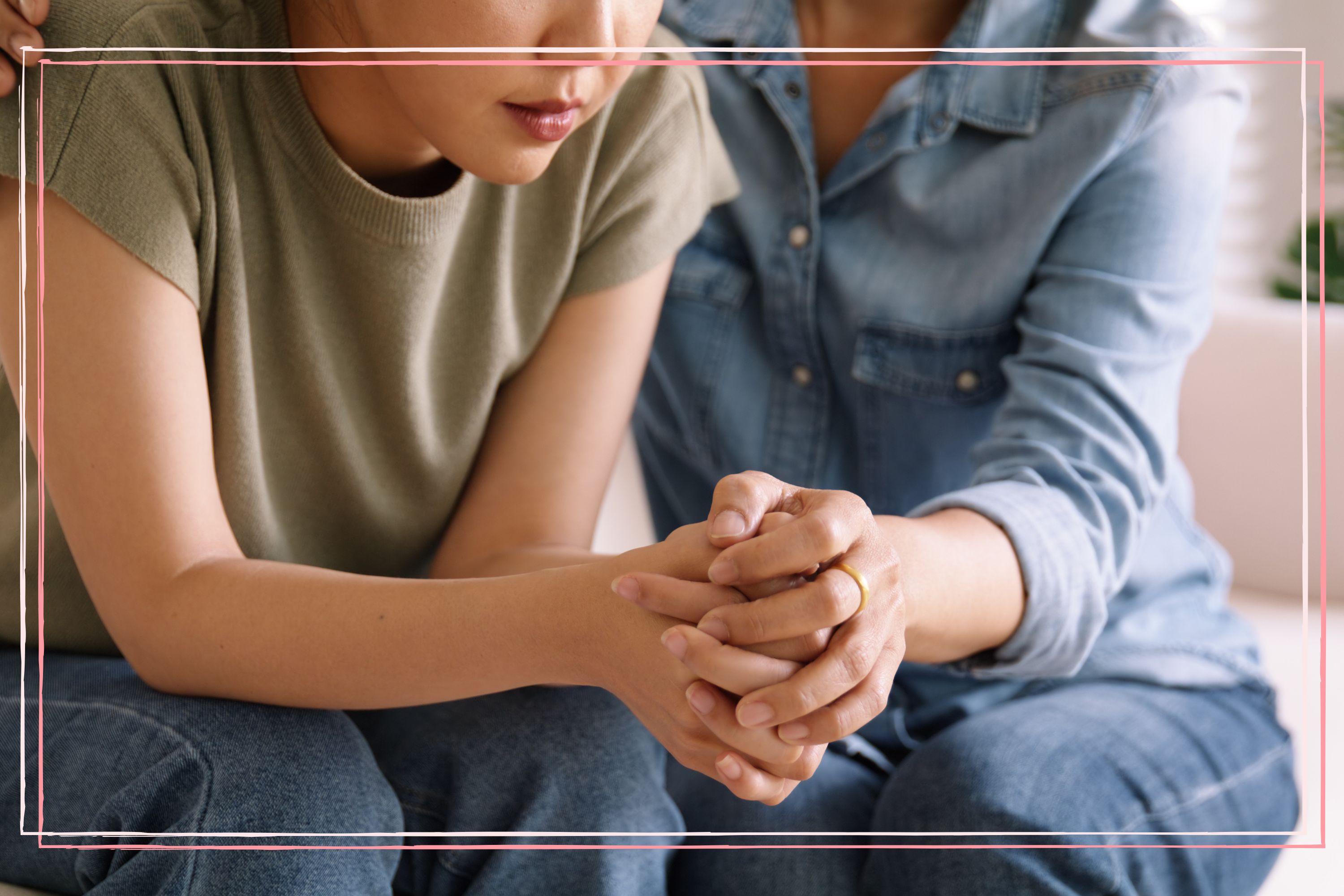 12 signs of depression in children and what to do if you're worried, explained by experts
12 signs of depression in children and what to do if you're worried, explained by expertsKnowing the signs of depression in children is an important step towards being able to get professional help early, to avoid it having a long-term impact on a child's life.
By Ellie Hutchings Published
-
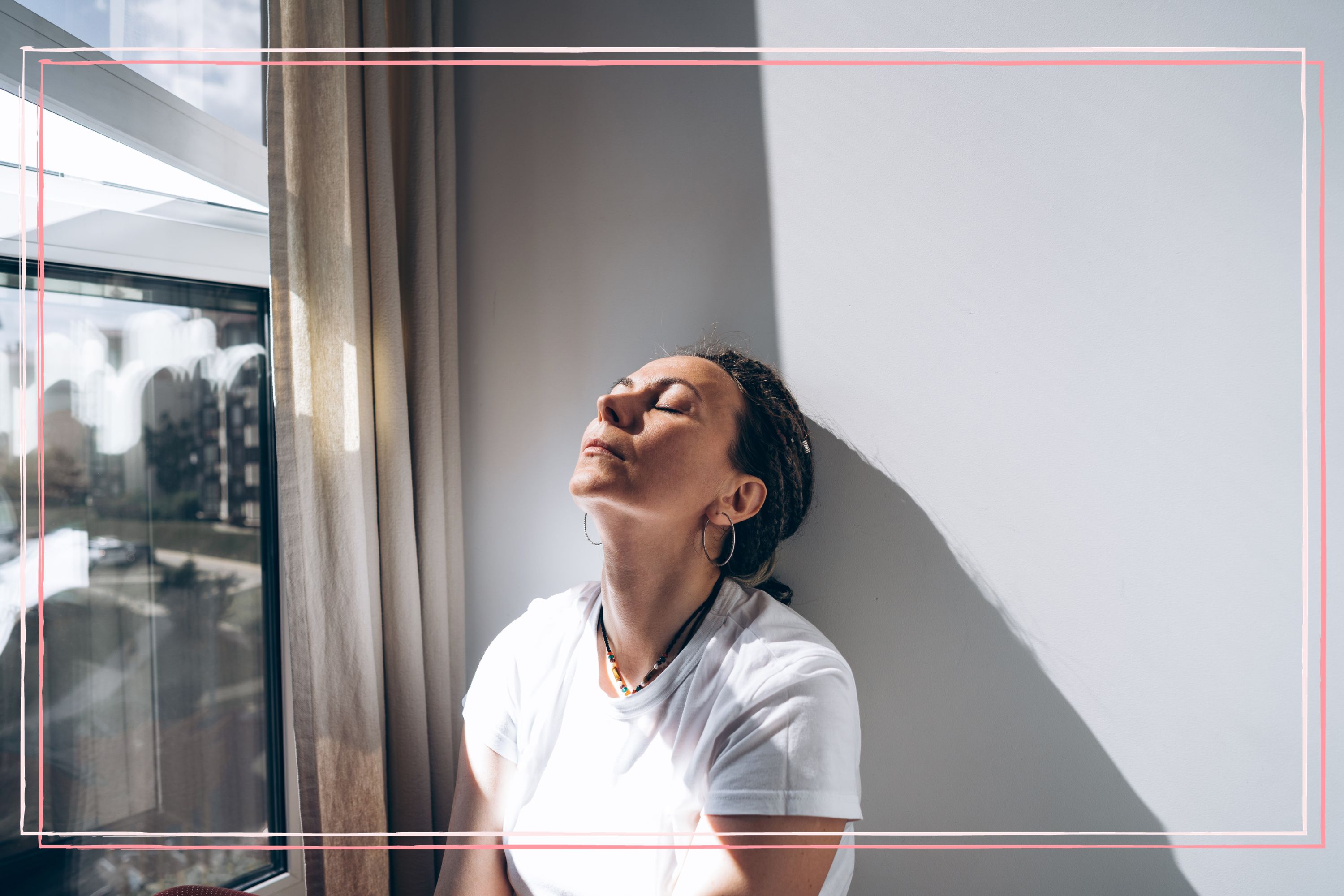 How to manage stress: 12 tips from experts
How to manage stress: 12 tips from expertsIf you want to know how to manage stress, rest assured there are some simple and effective ways
By Debra Waters Last updated
-
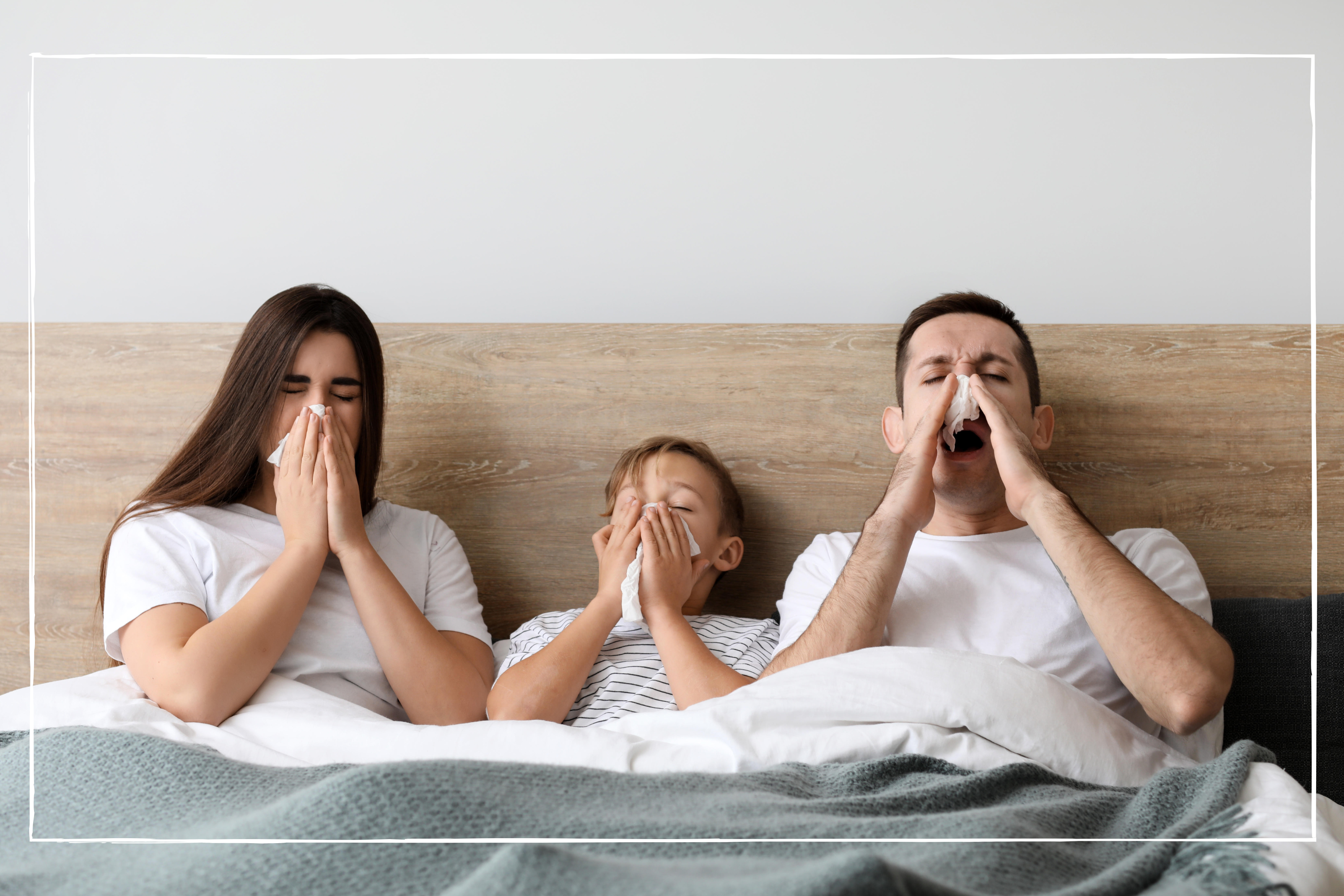 Natural cough remedies: 9 expert tips to cure a cough - including some surprising foods
Natural cough remedies: 9 expert tips to cure a cough - including some surprising foodsWe've spoken to the experts and put together a list of the best natural cough remedies for all the family
By Grace Walsh Last updated
-
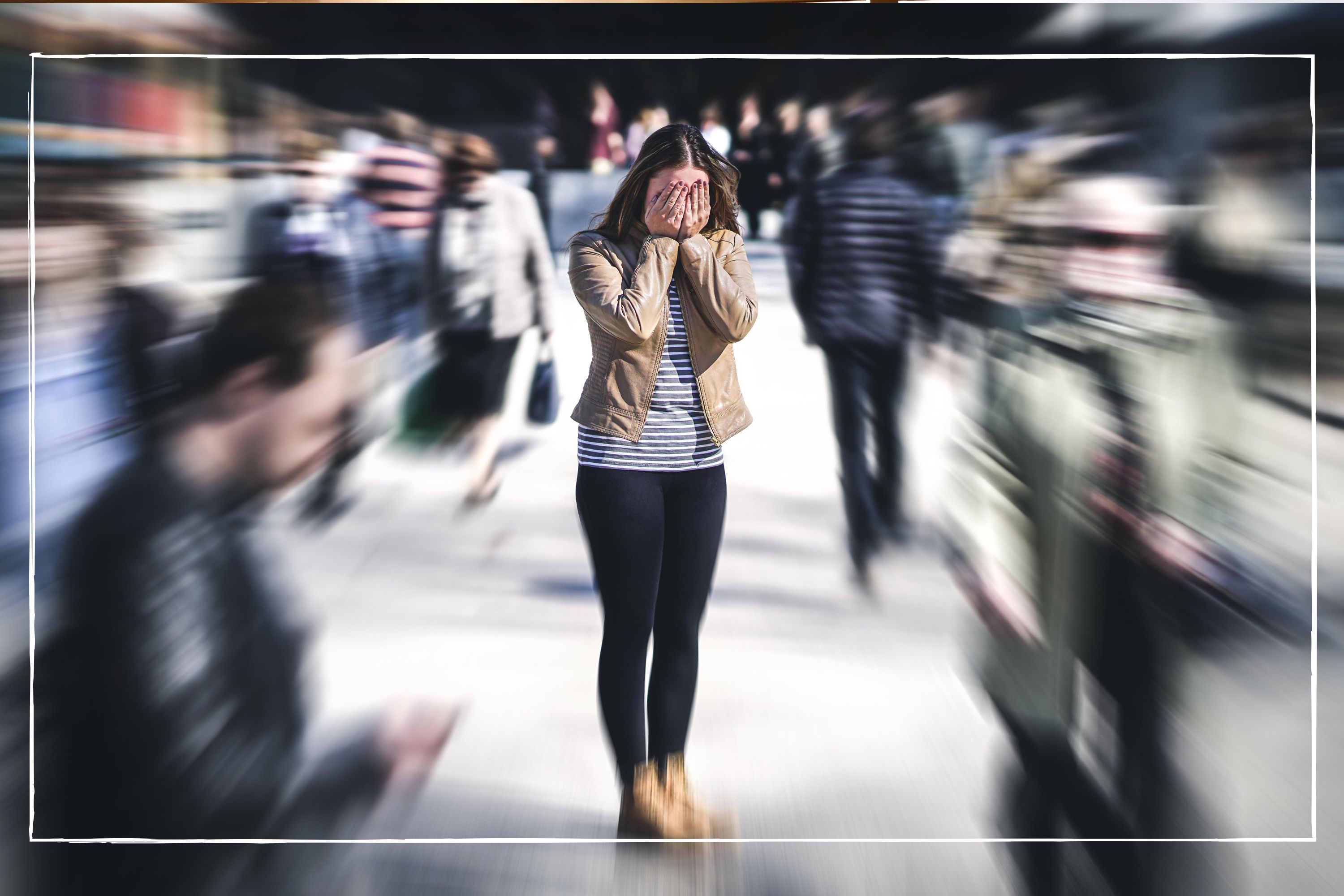 Panic attack symptoms, triggers and how to calm down
Panic attack symptoms, triggers and how to calm downPanic attack symptoms can affect us physically, mentally and emotionally - here's how to ease them, according to medical experts and therapists
By Debra Waters Published
-
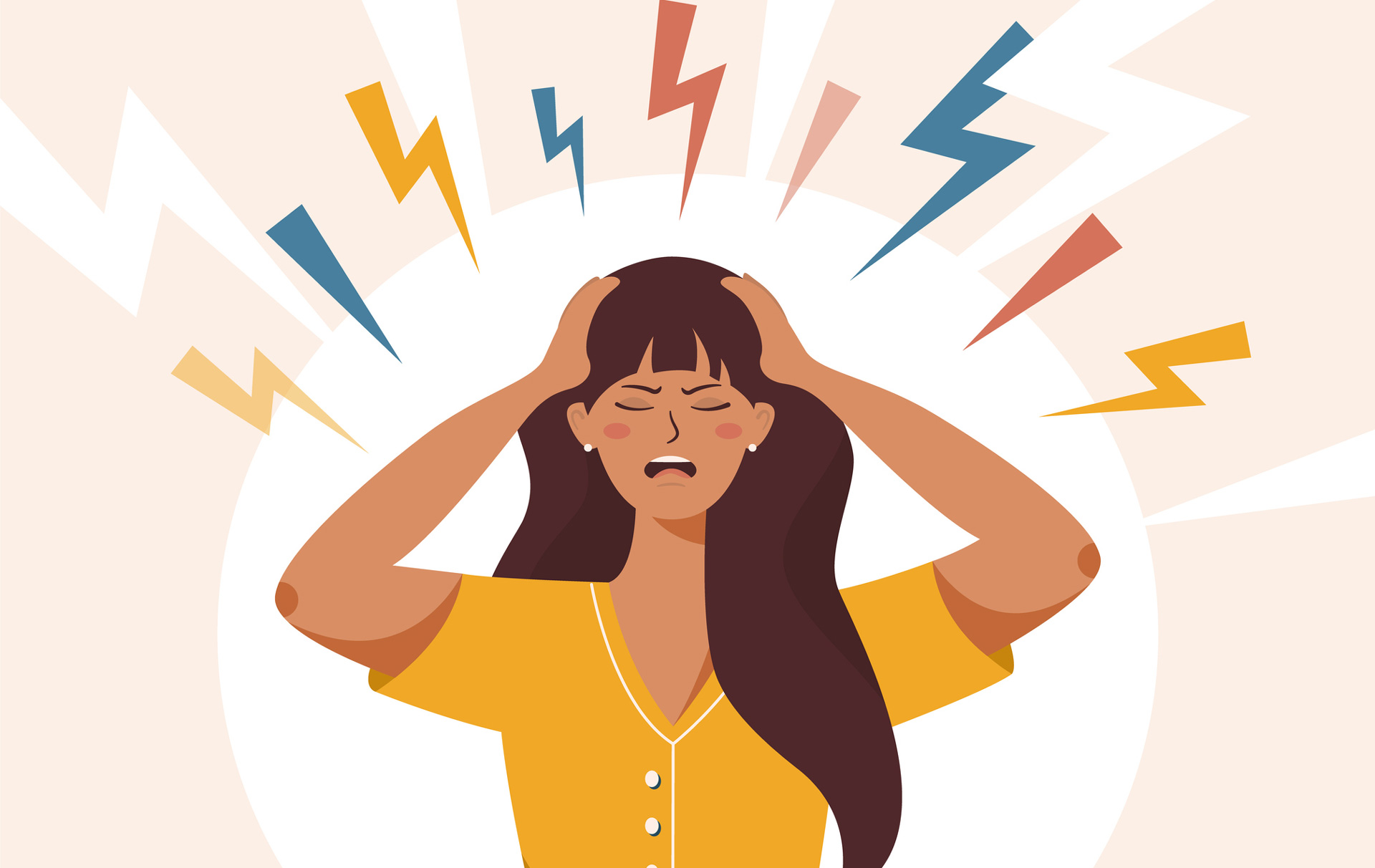 11 signs of stress - and expert tips on how to deal with them
11 signs of stress - and expert tips on how to deal with themWhat stress is, how to cope with the symptoms, and where to turn for help.
By Anna Bailey Published
-
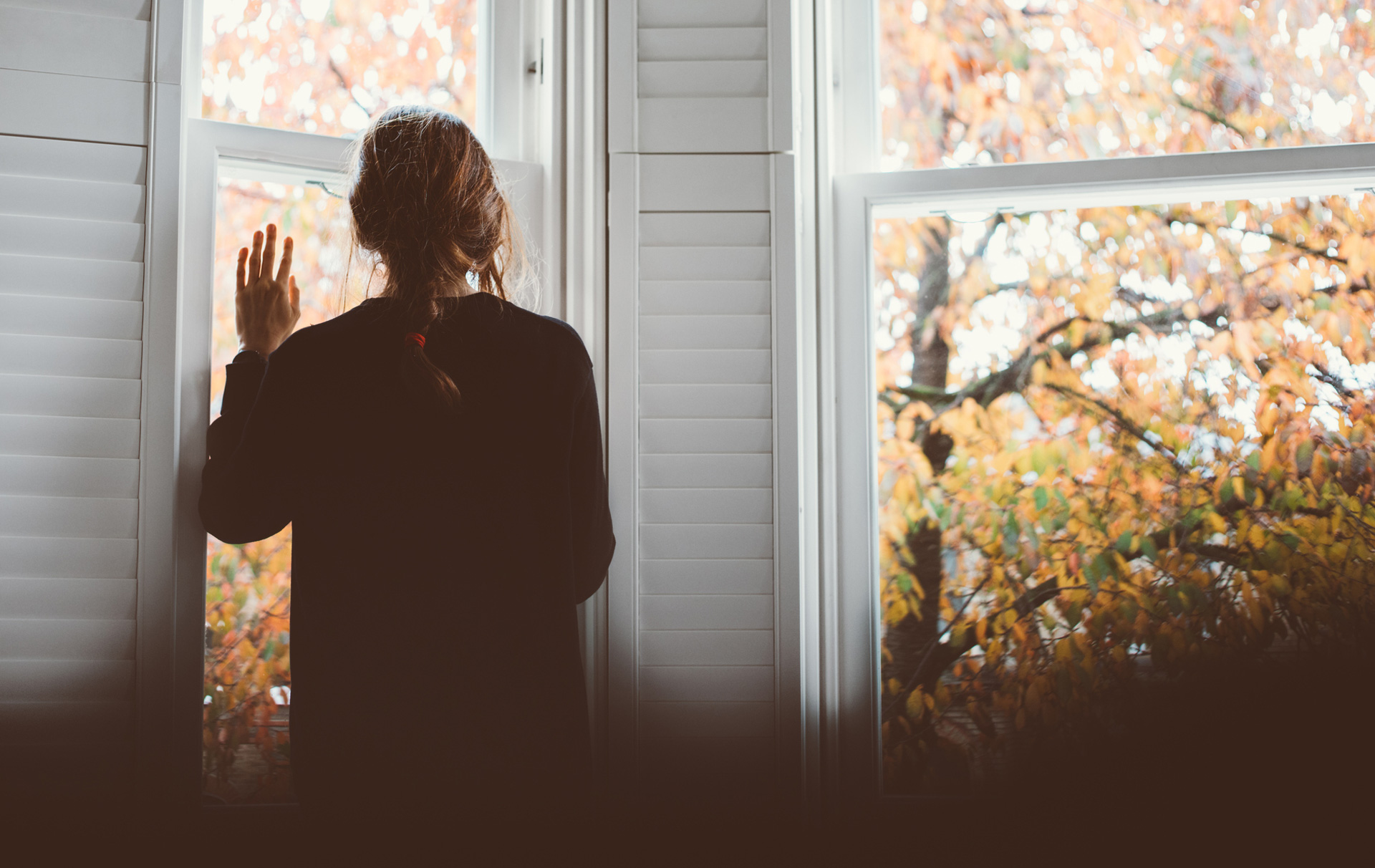 Signs of depression – 11 symptoms to look out for
Signs of depression – 11 symptoms to look out forDepression affects nearly one in five adults in the UK, but when do feelings of sadness become a mental health issue?
By Debra Waters Published
-
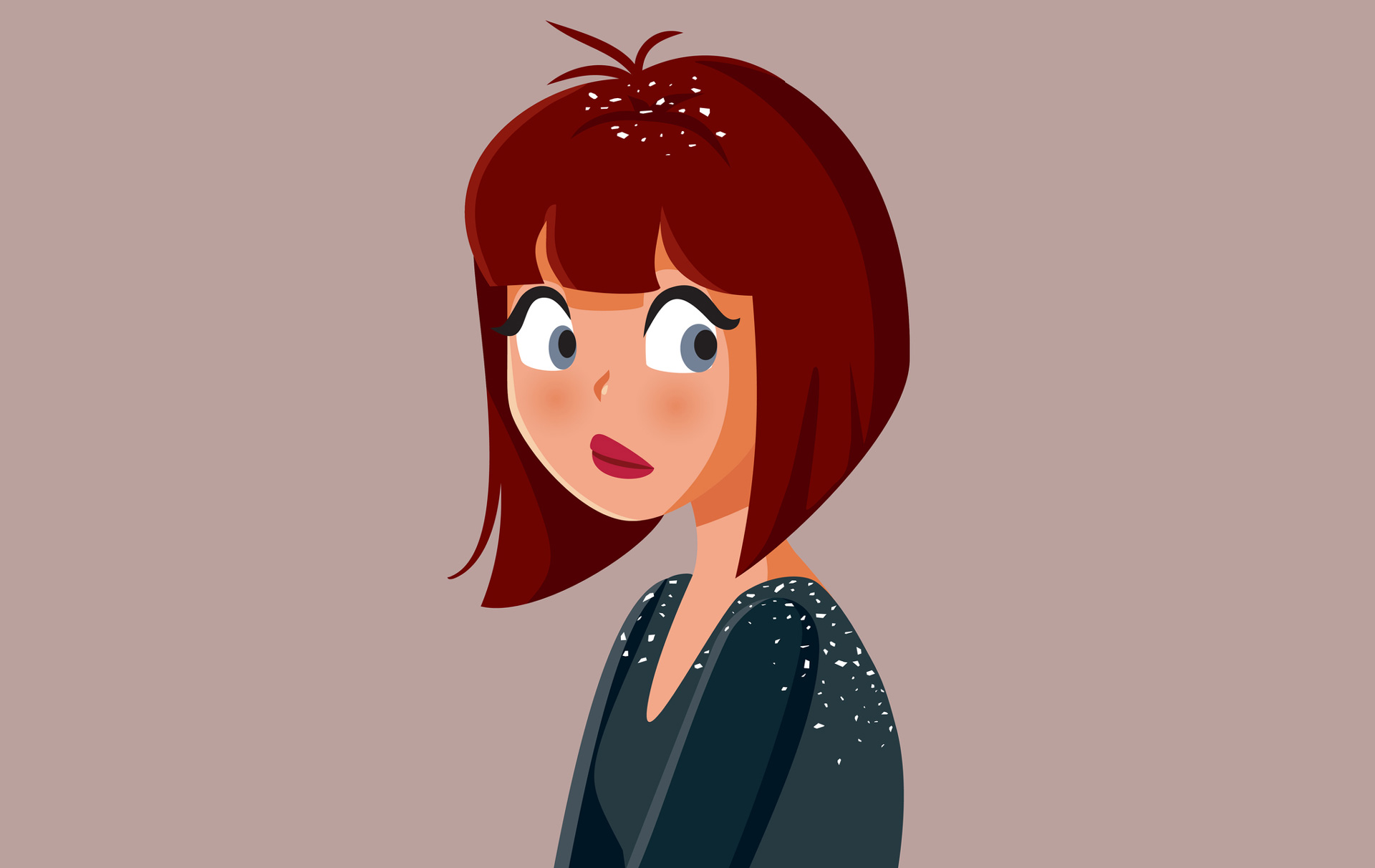 14 home treatments for dandruff, as recommended by doctors and hair experts
14 home treatments for dandruff, as recommended by doctors and hair expertsIf you have an itchy or sore scalp start with these home treatments for dandruff. You may even wish to try some before your scalp is producing flakes.
By Debra Waters Last updated
